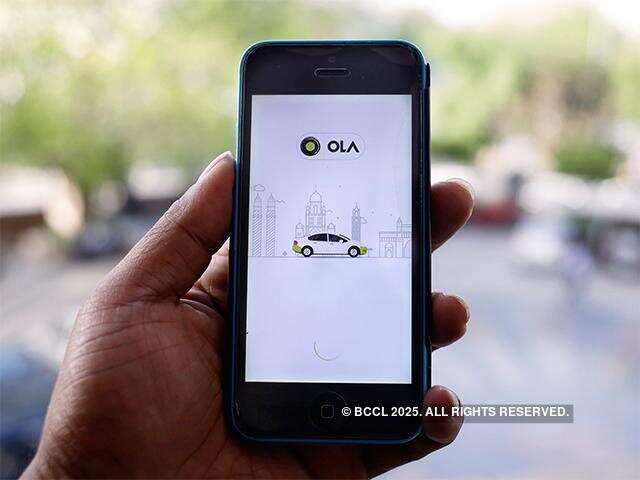 Homegrown taxi aggregator Ola on Monday regained its licence to operate in Karnataka after paying the maximum penalty of Rs 15 lakh for piloting a two-wheeler taxi service deemed “illegal” by the authorities.
Homegrown taxi aggregator Ola on Monday regained its licence to operate in Karnataka after paying the maximum penalty of Rs 15 lakh for piloting a two-wheeler taxi service deemed “illegal” by the authorities. The resolution came three days after the State Transport Authority suspended the company’s licence for a period of six months, which industry watchers and even politicians said was a harsh move.
“The penalty of Rs 15 lakh was arrived at based on the total number of vehicles we seized. As Ola was running a bike taxi system without our permission, we had seized 252 bikes in the last one month,” VP Ikkeri, Karnataka transport commissioner, told reporters.
Under the Karnataka On-demand Transportation Technology Aggregators Rules 2016, a maximum of Rs 10,000 can be levied for every instance of violation, up to a maximum of Rs 25 lakh. “We have levied a maximum penalty so that nobody dares to violate the rule,” Ikkeri said.
Ola, in a statement, said: “We are glad that the issue stands resolved and we regret any inconvenience caused to our driver-partners and passengers since Friday. We look forward to continue working with the state, to help address the challenges of mobility. We are committed to creating and enhancing livelihood opportunities for millions of driverpartners in the time to come.”
The company on Friday had said it had already suspended its bike-taxi pilot when the authorities suspended its licence. Even in a letter sent to the authorities that was read out by PS Sandhu, additional director general of police and commissioner for traffic and road safety, the company said it regretted the inconvenience caused to the department, but did not specifically say it was in the wrong.
“We might have been harsh on them by cancelling their licence, but fining them for violations isn’t wrong. Even if it was a pilot on a new mode of aggregation, it would have been better if they had verified with the authorities or sought appropriate permissions,” Karnataka minister for social welfare Priyank Kharge said.
This is the first time a ride-hailing firm in India has been penalised for violating local laws, even though there have been several run-ins between firms such as Uber and Ola in various states.
Karnataka has not come out with laws to regulate two-wheeler taxis even as the Haryana, West Bengal, Andhra Pradesh and Maharashtra have allowed new models of transport. Experts say that the bike-taxi segment in India has the potential to be larger than even four-wheeler cabs (in terms of volume) due to congestion and the inability of commuters to pay higher fares for cabs.
Urban mobility expert Pawan Mulukutla said two-wheelers dominate Indian cities. “Public transport alone cannot solve mobility requirements. The government should encourage innovation and new business models through regulatory framework. In Karnataka, the authorities are sitting on the bike taxi proposal for six months,” he said.